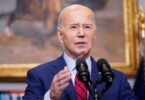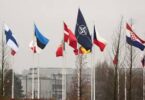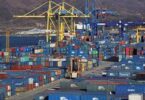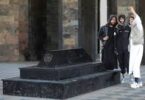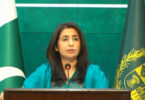F.P. Report
ISLAMABAD: Prime Minister Imran Khan Wednesday said that money laundering posed a serious threat to the country which called for drastic measures.
He also directed all the stakeholders to double their efforts in countering the money laundering practices by ensuring that criminals indulged in such practices should not go scot-free.
The Prime Minister was chairing a high level meeting to review progress on the efforts being made to curb money laundering, a PM Office Media Wing press release said.
Law Minister Dr Farogh Naseem, Special Assistant to PM on Accountability Shehzad Akber, Director General ISI Lt Gen Syed Asim Munir Ahmed Shah, Secretary Interior, Chairmen Federal Board of Revenue (FBR), Director General ANF, home secretaries and other senior officers attended the meeting.
The Prime Minister observed that personal coffers were filled abroad through illegal practice of money laundering, which had not only seriously harmed the country, but also sent the nation into quagmire of debts. The people involved in money laundering did not deserve any concession, he added.
The secretary interior briefed the Prime Minister about the progress on the steps taken so far to check money laundering. He also briefed about the administrative and legislative steps being taken specifically regarding money laundering.
Later, addressing an awards distribution ceremony among the top tax-payers as chief guest, he said the government would ensure that their taxes would not be spent on the extravagance of the ruling elite.
He said through reforms in the relevant departments, the government could collect about Rs 8,000 billion in taxes.
The Prime Minister noted that those persons who contributed for the country’s development with their taxes, required a ‘VIP’ treatment. Terming change in the mindset to pay taxes as vital for getting out of the financial woes, he warned if such a mindset was not changed, the country’s situation would become murkier in future.
He referred to the deficit faced by the gas companies and said the banks were not ready to extend further loans to these entities, so the price of utility had to be increased.
He called for collective contributions to ward off difficulties for the general public. The Prime Minister expressed his dismay that out of 200 million population, only 1.7 million were the tax-payers and such amount could not bear the burden of the whole population. Moreover, only 72,000 people had declared their earning of Rs 2 lac per month.
He said majority of the tax amount was collected through indirect taxes, levied on things affecting the common man, which in his view was ‘a great injustice’.

